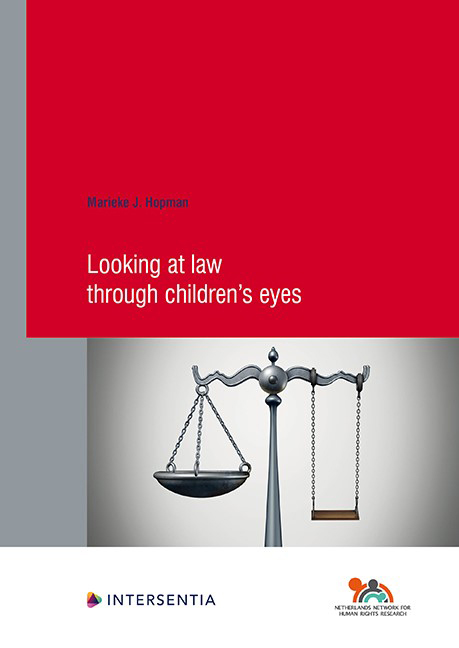Chapter 5 - The Child’s Right to Education in the Netherlands
Published online by Cambridge University Press: 25 May 2021
Summary
With a focus on children out of school, home-schooling and Roma children
DEFINITIONS
In this chapter, the following terminology will be used:
“CEA” refers to the Dutch Compulsory Education Act (“leerplichtwet”)
“CSOs” refers to Civil Society Organizations
“NGOs” refers to Non-Governmental Organizations
“SAO” refers to the municipal “school attendance officer” (leerplichtambtenaar) who is charged with enforcing the CEA on the municipal level
“children out of school” will mean children who are missing school education for more than four weeks in one school year
“the Netherlands” refers to the Netherlands in Europe. The Caribbean part of the Kingdom of the Netherlands is excluded from this research.
“public schools” (openbare scholen) are schools which are founded by the Dutch state, while “independent schools” (bijzondere scholen) are schools that are founded by any non-state party (religious group, group of parents, etc.). Both types of schools are financed by the Dutch state.
“home-schooling” refers to education which has the family home as its main location, where, except for family members, no other children are following this education. This includes both when parents are teachers, as well as when children learn independently or with online teachers, private teachers, etc.
INTRODUCTION
The first case study of this thesis concerns the child's right to education in the Netherlands (CRC art. 28 and 29). Although the Netherlands is among the richest countries in the world, with a GDP of $ 52.799 per capita and a stable political climate (there has been no armed conflict since the end of the Second World War in 1945), according to media, 10,000–15,000 children are out of school annually and potentially not enjoying any education. In this case study, I chose to focus on this group of children who live in the Netherlands and who are not in school, because these children's right to education seemed to be at risk of being violated. When I made this choice in 2014, children out of school were a prominent subject of political debate as well as media coverage. Specifically, of all children out of school, I chose to focus on three groups which I learned might be particularly at risk, namely: 1) children out of school (“thuiszitters”, literally: “those who sit at home”), 2) home-schooled children and 3) Roma children.
- Type
- Chapter
- Information
- Looking at Law through Children's Eyes , pp. 129 - 216Publisher: IntersentiaPrint publication year: 2021

